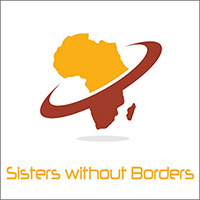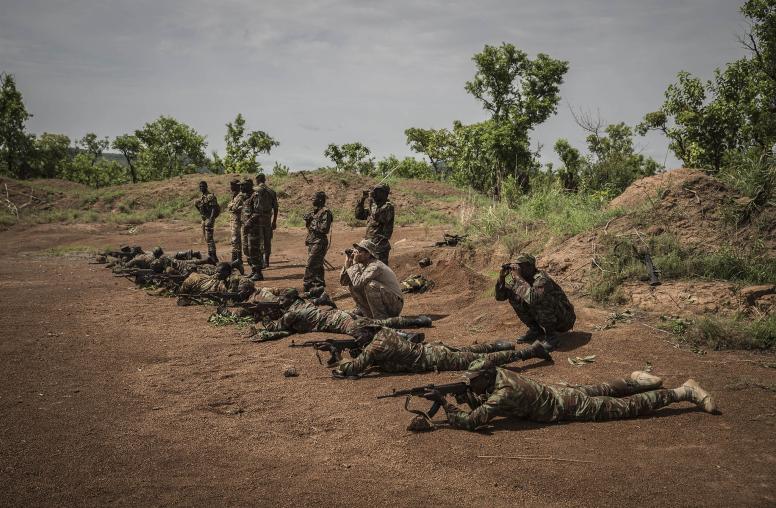Women Preventing Violent Extremism
A USIP Fact Sheet
In the Horn of Africa, both al-Shabaab and a nascent presence of ISIS—as well as remnants of other extremist groups—remain in Somalia, with recruiters and facilitation networks extending beyond national borders and across the region. And in the Sahel, countless communities also suffer terrorist and extremist violence perpetrated by actors ranging from ISIS and al-Qaeda affiliates to locally driven movements.
After nearly two decades of ongoing efforts to defeat terrorism, the international community has learned that comprehensive strategies to tackle violent extremism must engage women as positive actors when it comes to preventing and countering radicalization. Today, as threats of violent extremism endure in both the Horn and Sahel, local women’s organizations are working to limit extremist groups’ local impact and inform national policymaking. However, gaps exists when it comes to information-sharing and trust among grassroots groups, security actors, and policymakers; creating the need for improved communication and collaboration.
USIP’S Work
USIP’s Women Preventing Violent Extremism (WPVE) program empowers women-led organizations to build local capacity and fosters collaboration between community-level activists and national-level policymakers. Through this work, USIP aims to build a regional platform for women across Africa who are working to prevent and counter the threat of violent extremism in their communities.
Beginning in 2012 as a pilot project, the WPVE program initially organized a series of trainings and dialogues in Kenya and Nigeria that brought together women civil society leaders and members of the security sector in order to elevate women’s perspectives in preventing violent extremism. Now, through the support of the State Department, as a component of the U.S. Government Strategy to Support Women and Girls at Risk from Violent Extremism, USIP is implementing the WPVE program across the Horn of Africa and is expanding into the Sahel.
The WPVE program accounts for the diverse range of roles—as enablers, beneficiaries, preventers, peacekeepers, supporters, victims, and others—that women play in the prevention of and response to violent extremism. The approach is based on the following principles:
Building Capacity at the Local Level
Through workshops, dialogues, and trainings, the WPVE program is uniquely designed to ensure that capacity-building efforts build trust at the local level through inclusive processes while elevating women as change agents that contribute to more sustainable approaches for mitigating violent extremism. Via connections made within their communities, women are able to create a safe space for discussing shared issues, and explore areas of collaboration and approaches to their programming.
Fostering Trust with Security Actors
Dialogues increase understanding, trust, collaboration, and empathy between women and local and national level security actors. A series of facilitated dialogues between women, community members, and security actors at both local and national levels allow for new avenues of coordination that help identify shared threats and strengthen resilience.
Connecting Women with Policymakers
WPVE connects women with local and national level policymakers to advise and influence policies that prevent and counter violent extremism, and supports the sharing of good practices in P/CVE through women-led network-building. Women and women’s organizations can use these networks to act as strategic relays between communities and national-level decision makers for preventive efforts.
Sisters Without Borders, a network of Kenyan women’s groups, was established in 2015 as a result of the WPVE program. Sisters amplifies the voices of women and promotes effective engagement on peace and security issues at local, national, and regional levels. Sisters is now a critical partner of the Kenyan government and has helped prevent terrorist attacks, advised policymakers, and reviewed key policy documents such as counterterrorism strategies.





